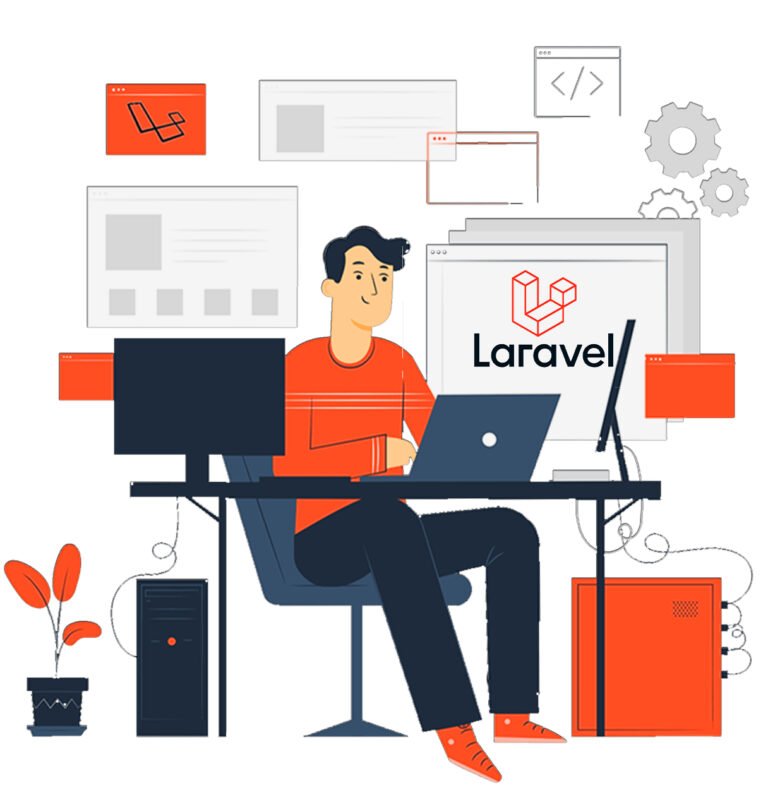What to Look for in a Retail Software Development Company: A 2024 Guide
In today’s fast-paced retail environment, businesses are increasingly relying on custom software solutions to streamline operations, enhance customer experience, and drive growth. However, selecting the right retail software development company is critical for success. With technology trends such as omnichannel commerce, data analytics, and IoT in retail reshaping the industry, it’s essential to choose a development partner that can align with your specific needs.
This 2024 guide provides key factors to consider when selecting a retail software development company to ensure your business stays ahead in the competitive landscape.
1. Industry Expertise and Experience
Not all software development companies are equal. Look for a partner with experience specifically in the retail industry. An experienced retail software development company understands retail workflows such as:
- Point-of-sale (POS) systems
- Inventory management
- Omnichannel retail solutions
- Customer loyalty programs
- Supply chain and logistics integration
In addition, companies with expertise in IoT in retail can build advanced solutions for smart shelves, automated checkouts, and customer behavior tracking. Experience in handling complex retail systems ensures smoother development processes and fewer operational disruptions.
Checklist:
- Case studies of retail projects
- Knowledge of the retail tech stack (POS, e-commerce platforms)
- Expertise in building scalable and secure solutions
2. Technical Skills and Innovation
The right development partner should have strong technical capabilities and be up-to-date with emerging technologies. In 2024, retail businesses require solutions that leverage technologies such as:
- Artificial Intelligence (AI) for personalized recommendations
- Internet of Things (IoT) for connected devices
- Cloud computing for scalability
- Blockchain for secure transactions
A capable retail software development company will know how to integrate these technologies seamlessly, ensuring your solutions remain future-proof. Pay special attention to their ability to build responsive mobile applications, as mobile commerce continues to grow.
3. Customization Capabilities
Every retail business has unique requirements, so off-the-shelf software might not always suffice. A software development company that offers tailored solutions will ensure that your retail system meets your specific needs. This is especially important for companies looking to create a unique shopping experience or streamline niche operations.
The company should offer:
- Customized POS solutions
- Integration with your existing systems (ERP, CRM)
- Support for multiple payment gateways and omnichannel platforms
IoT in retail plays a crucial role here, as IoT-enabled solutions like real-time inventory tracking or personalized in-store experiences require extensive customization.
4. Security and Compliance
Retail businesses handle sensitive customer data, including payment information and personal details, which makes security and compliance essential. A good retail software development company will follow best practices for securing data, such as:
- End-to-end encryption for transactions
- Two-factor authentication (2FA) for logins
- PCI-DSS compliance for payment processing systems
They should also ensure compliance with data protection laws like GDPR and CCPA. In an era where cybersecurity threats are rising, companies that prioritize security help prevent data breaches and protect your brand reputation.
5. Omnichannel Integration
Modern retail businesses need to offer a seamless experience across multiple sales channels, including physical stores, e-commerce platforms, and mobile apps. A competent retail software development company should provide solutions that allow easy omnichannel integration, helping you deliver:
- Consistent product information across platforms
- Unified inventory management for online and offline stores
- Click-and-collect services (buy online, pick up in-store)
Their expertise in IoT can also enhance omnichannel strategies, such as using sensors to track inventory in real time or delivering personalized in-store offers through connected devices.
6. Post-Development Support and Maintenance
The relationship with your retail software development company shouldn’t end once the product is delivered. Software systems require regular updates, bug fixes, and enhancements to keep up with evolving technology and customer expectations. Choose a company that offers ongoing support and maintenance services.
Make sure the company provides:
- 24/7 customer support
- Service Level Agreements (SLAs) for issue resolution
- Periodic software updates to ensure smooth performance
7. Scalability and Flexibility
Retail businesses grow and evolve, so the software solutions you invest in today should be flexible and scalable to meet future demands. Your development partner should build systems that can:
- Handle increased transaction volumes during peak seasons
- Expand to support new sales channels and locations
- Adapt to new trends, such as IoT in retail, as they emerge
Scalable software will help avoid costly rework as your business grows, ensuring a long-term return on investment.
8. Cost-Effectiveness and Transparent Pricing
While cost is an important consideration, choosing the cheapest option could be risky. Look for a retail software development company that offers transparent pricing and clear deliverables. Request detailed project estimates and ensure there are no hidden costs.
Here’s what to check:
- Breakdown of costs (development, testing, and deployment)
- Payment terms (milestone-based payments or subscription-based models)
- Return on investment (ROI) projections
Investing in quality software may have higher upfront costs, but it ensures long-term benefits like improved efficiency, better customer experience, and reduced operational costs.
9. Client Testimonials and Reputation
Reputation speaks volumes about a company’s reliability and expertise. Look for testimonials and reviews from past clients to gauge the company’s performance. A reputable retail software development company will have:
- Positive feedback from clients
- Repeat customers that show trust in their services
- Awards or certifications that validate their expertise
In addition, check platforms like Clutch, GoodFirms, or Google Reviews for unbiased insights.
10. Agile Development Approach
Given the fast-evolving retail landscape, flexibility in development is crucial. An agile approach allows software to be developed iteratively, with room for adjustments based on feedback. Companies that follow agile methodologies can deliver:
- Faster time-to-market for new features
- Frequent updates aligned with business goals
- Collaborative development involving key stakeholders
Agile development ensures that the software aligns with your evolving retail strategies and customer expectations.
Conclusion
Choosing the right retail software development company is a strategic decision that can significantly impact your business’s success. From technical expertise and customization capabilities to security, scalability, and post-development support, many factors need careful consideration. As retail businesses increasingly embrace IoT in retail, cloud computing, and AI, finding a development partner with these competencies is essential.
By selecting a company that aligns with your long-term goals and offers innovative solutions, you can enhance operational efficiency, improve customer satisfaction, and future-proof your retail business for years to come.






